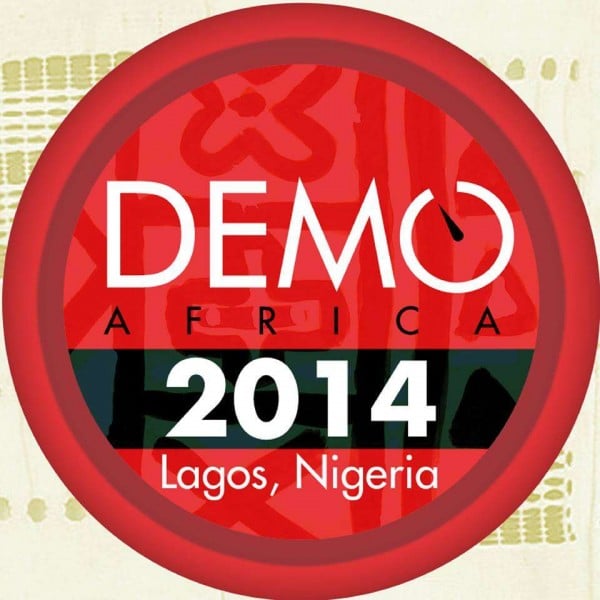As Facebook continues to roll out new features and make slight adjustments to its social media behemoth, it’s clearly placing a higher priority on in-house services. While this is allowing Facebook to gain more independence, it’s also forcing it to sever ties with some of the tech giants that helped it become the unstoppable force it seems to be today.
Facebook users probably didn’t notice any major changes when they logged on to chat with their friends or scroll through cat photos, but the site had just ended its relationship with Microsoft’s Skype service.
It’s been roughly four years since Microsoft and Facebook announced that they would be partnering on bringing video calling to Facebook Messenger.
Throughout the time there never seemed to be any real signs that the relationship wasn’t going well and Facebook CEO Mark Zuckerberg insisted that he and then-Microsoft CEO Steve Ballmer were “really aligned on this.”
Things have changed since then, and it all centers around a key question in the world of business — why pay someone else to do what you can do yourself?
Facebook unveiled video calling in Facebook Messenger via its iPhone and Android apps, a sign that Facebook will stick with in-house development for its new technology rather than relying on third parties like Microsoft.
That was all but confirmed after Facebook discreetly stopped using Skype technology for their video call service on desktops, according to Business Insider.
“This change was made because Skype-powered video calls required users to install a browser plug-in, while the technology Facebook whipped up works without one — important for call performance, video quality and letting Facebook more quickly make changes and upgrades to video chat,” Business Insider reported.
While Microsoft and Facebook have typically always had a positive relationship, this actually isn’t the first time Facebook severed ties with Microsoft.
Back in December, Facebook decided to stop relying on Microsoft’s Bing for Web search results on the platform.
It essentially seems like a tale of the baby bird outgrowing the need to remain in the mother’s nest. Microsoft invested $240 million into Facebook back in 2007 before it was the giant it is today.
Now Facebook has no need to rely on Microsoft for funding or services.
While the change doesn’t mean much for Facebook users, it was far from unnoticed for Skype users.
A plethora of features on Skype that incorporated integration with Facebook will no longer be available such as being able to message Facebook friends within the Skype app.





